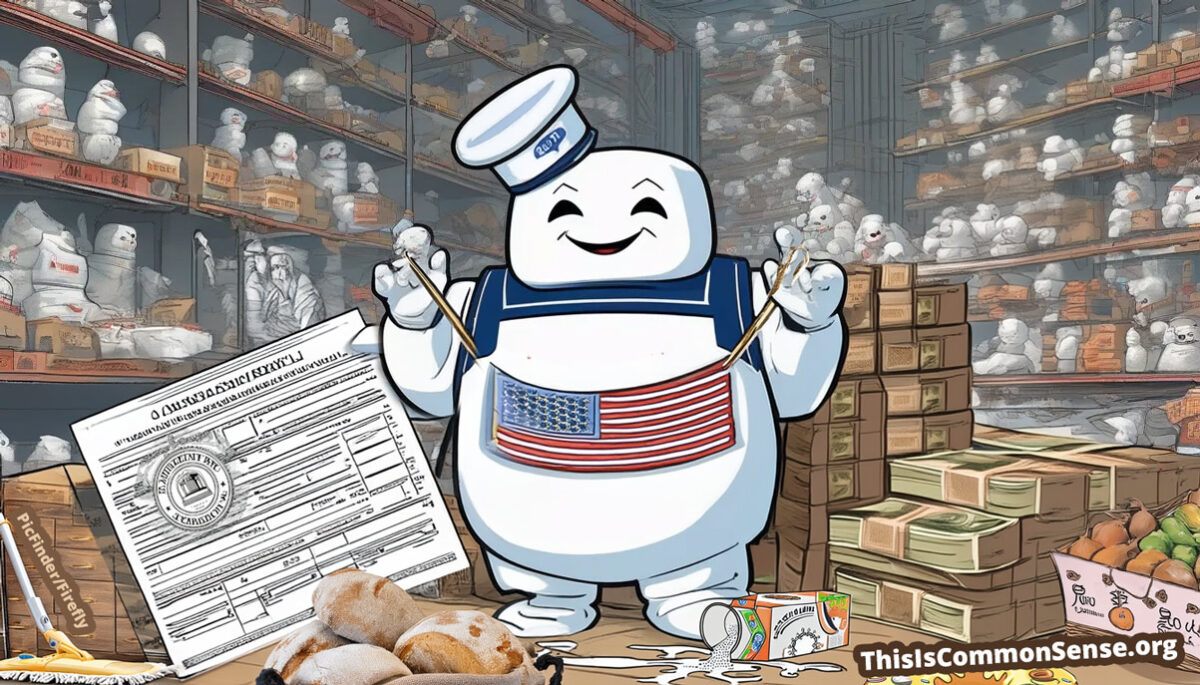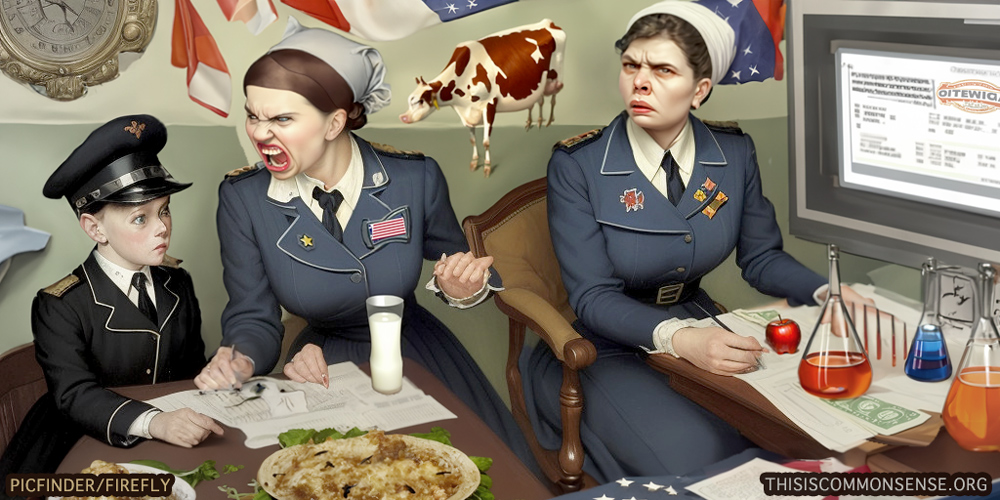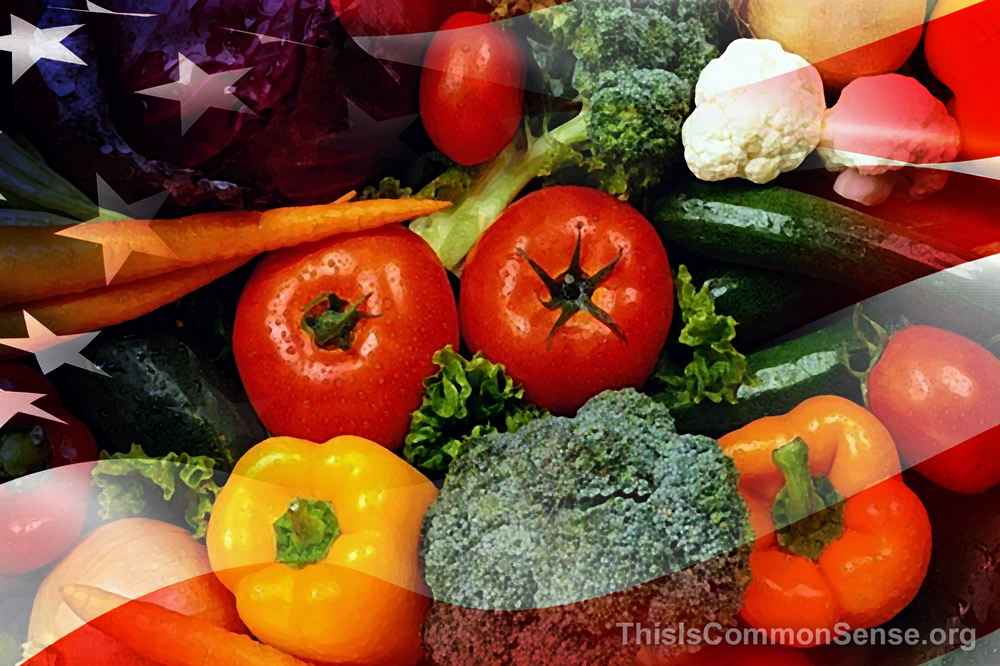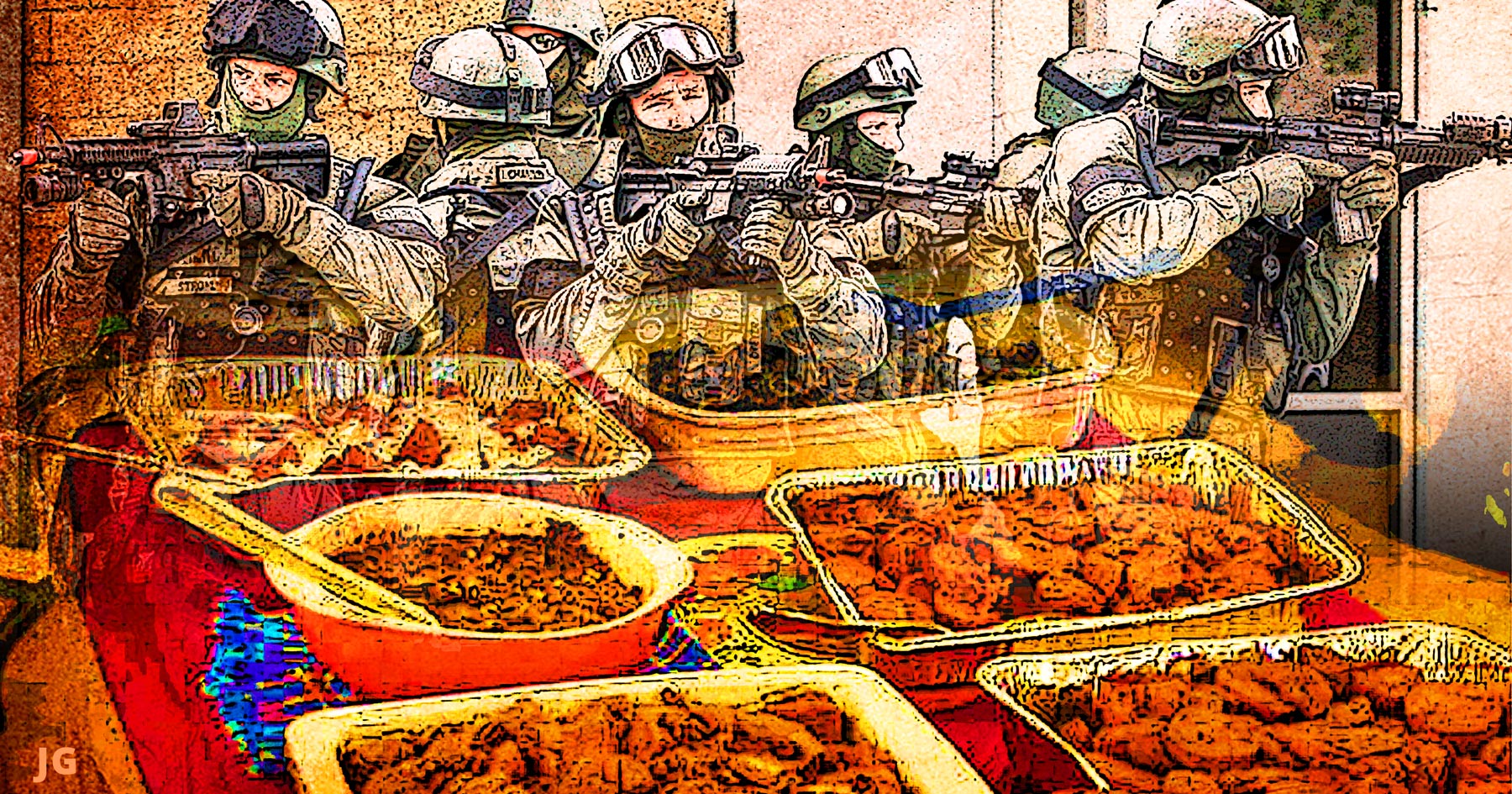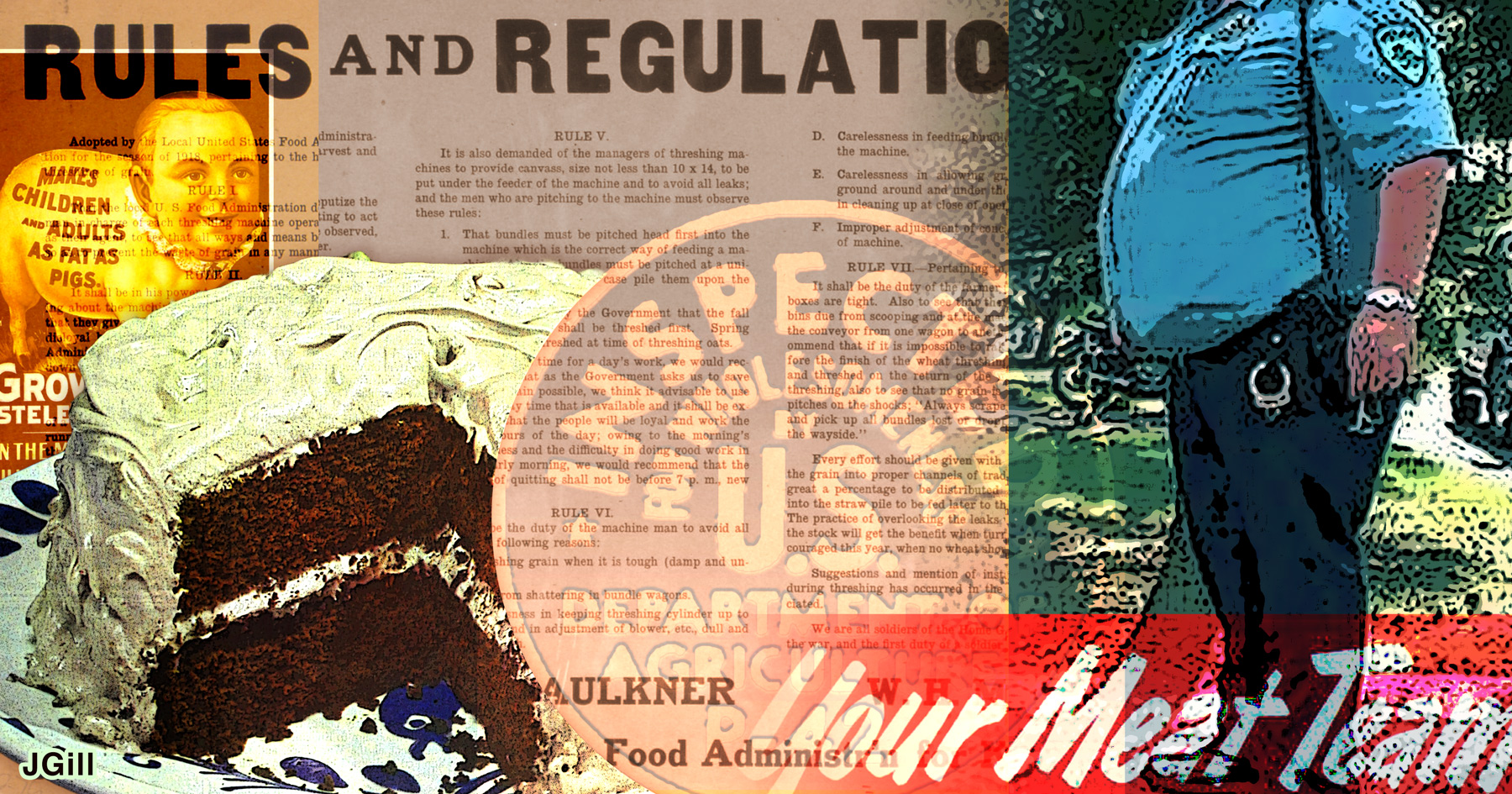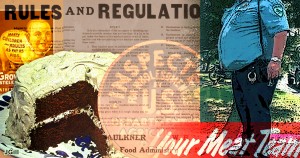One could argue that our dietary habits are something government shouldn’t be involved in.
I do. But the federal government taxes, regulates, subsidizes, and researches for food production in these United States “bigly.”
And then the government taxes, regulates, subsidizes and researches for medical interventions that mitigate the consequences of how we eat.
Robert F. Kennedy, Jr., and Brooke L. Rollins, the current secretaries of the U.S. Department of Health and Human Services (HHS) and the Department of Agriculture (USDA), respectively, have signed their names to a new set of Dietary Guidelines for Americans — an interesting document.
“The message is simple,” it says: “Eat real food.”
The fact that much of our food industry has been constructed in collaboration with the USDA makes this advice … piquant.
While Vitamin D intake was mentioned several times, I notice that the fact that our bodies produce Vitamin D when exposed to sunlight went undiscussed. Also unrecognized? That Vitamin D levels have been shown to be a key indicator of how well people fight off infections … like COVID.
Alcohol use is discouraged. Drinking “water (still or sparkling) and unsweetened beverages,” highly encouraged.
“Pay attention to portion sizes” is just common sense.
The advice to “increase protein consumption” ruffles some feathers, according to The Epoch Times’ coverage.
“Since the first edition was published in 1980, the Dietary Guidelines for Americans have provided science-based advice on what to eat and drink to promote health, reduce risk of chronic disease, and meet nutrient needs,” explained the previous Guidelines.
But how science-based is all this, really? Seems “the Science” in the Guidelines changes with each innovation in political and economic pressure.
Now and previously.
Most of all, however: Our diets remain our own responsibilities.
This is Common Sense. I’m Paul Jacob.

Illustration created with Nano Banana
See all recent commentary
(simplified and organized)
See recent popular posts

